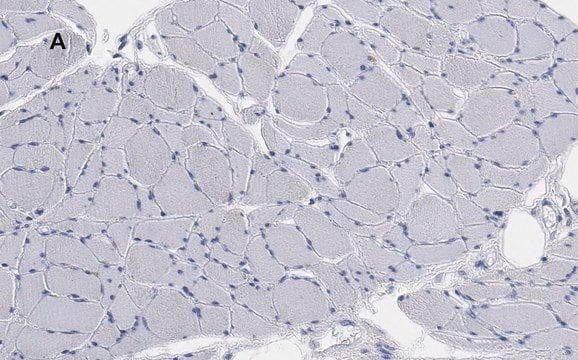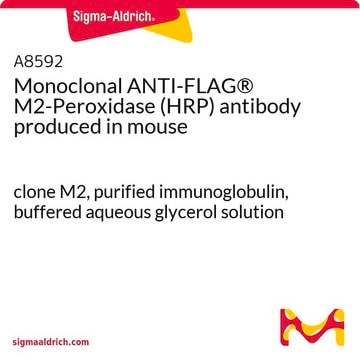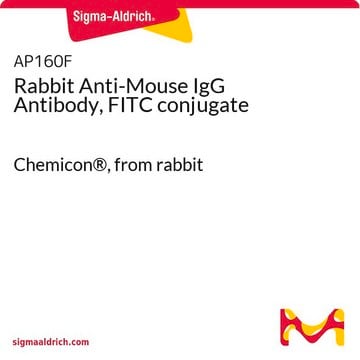SAB4200707
Anti-Desmin antibody, Mouse monoclonal

clone DE-U-10, purified from hybridoma cell culture
Synonym(s):
Anti-DES
About This Item
Recommended Products
antibody form
purified from hybridoma cell culture
Quality Level
antibody product type
primary antibodies
clone
DE-U-10, monoclonal
form
buffered aqueous solution
mol wt
antigen ~55 kDa
species reactivity
rat, rabbit, hamster, porcine, goat, bovine, chicken, toad, sheep, mouse, human
enhanced validation
independent
Learn more about Antibody Enhanced Validation
concentration
~1.0 mg/mL
technique(s)
immunoblotting: 0.5-1 μg/mL using whole extract of mouse myoblast C2C12 cells
immunofluorescence: 2-5 μg/mL using mouse myoblast C2C12 cells
immunohistochemistry: 2.5-5 μg/mL using heat-retrieved formalin-fixed, paraffin-embedded Human Appendix
microarray: suitable
isotype
IgG1
UniProt accession no.
shipped in
dry ice
storage temp.
−20°C
target post-translational modification
unmodified
Gene Information
human ... DES(1674)
mouse ... Des(13346)
rat ... Des(64362)
Related Categories
General description
Immunogen
Application
- immunoblotting
- immunofluorescence
- immunohistochemistry
- microarray
Biochem/physiol Actions
Physical form
Disclaimer
Not finding the right product?
Try our Product Selector Tool.
Storage Class Code
10 - Combustible liquids
Flash Point(F)
Not applicable
Flash Point(C)
Not applicable
Choose from one of the most recent versions:
Certificates of Analysis (COA)
Don't see the Right Version?
If you require a particular version, you can look up a specific certificate by the Lot or Batch number.
Already Own This Product?
Find documentation for the products that you have recently purchased in the Document Library.
Customers Also Viewed
Our team of scientists has experience in all areas of research including Life Science, Material Science, Chemical Synthesis, Chromatography, Analytical and many others.
Contact Technical Service









